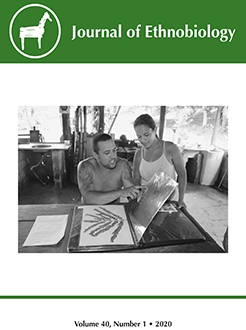Ethnobiology has become increasingly concerned with applied and normative issues, such as climate change adaptation, forest management, and sustainable agriculture. Applied ethnobiology emphasizes the practical importance of local and traditional knowledge in tackling these issues but thereby also raises complex theoretical questions about the integration of heterogeneous knowledge systems. The aim of this article is to develop a framework for addressing questions of integration through four core domains of philosophy—epistemology, ontology, value theory, and political theory. In each of these dimensions, we argue for a model of “partial overlaps” that acknowledges both substantial similarities and differences between knowledge systems. While overlaps can ground successful collaboration, their partiality requires reflectivity about the limitations of collaboration and co-creation. By outlining such a general and programmatic framework, the article aims to contribute to developing “philosophy of ethnobiology” as a field of interdisciplinary exchange that provides new resources for addressing foundational issues in ethnobiology and also expands the agenda of philosophy of biology.
How to translate text using browser tools
24 April 2020
Philosophy of Ethnobiology: Understanding Knowledge Integration and Its Limitations
David Ludwig,
Charbel N. El-Hani

Journal of Ethnobiology
Vol. 40 • No. 1
April 2020
Vol. 40 • No. 1
April 2020
ethnobiological theory
interdisciplinarity
knowledge integration
normativity
philosophy of ethnobiology




